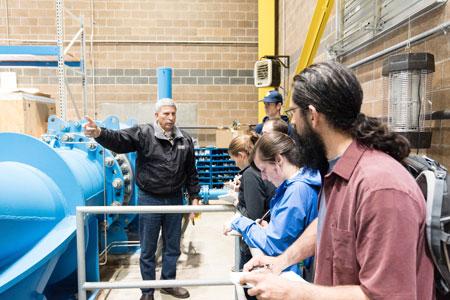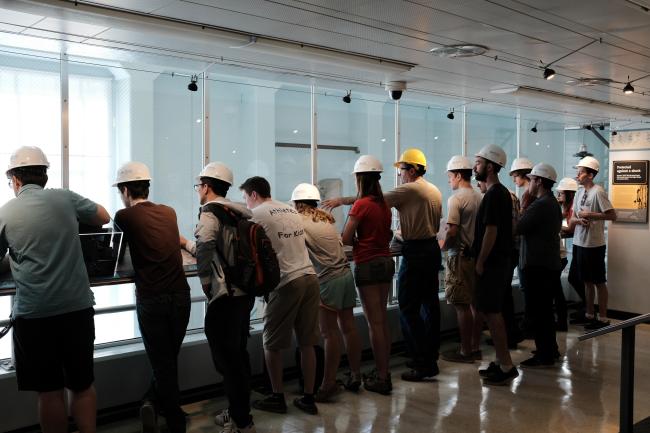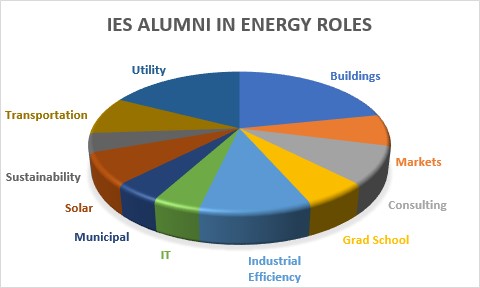
Why Study Energy?
Access to modern energy services, including efficient usage, is essential to realize 20th century, let alone 21st century, living standards worldwide. Meanwhile, a transition from inefficient use of fossil fuels to a clean, efficient energy system is key to mitigating urgent environmental, economic and security risks, including global climate change. Achieving the sustainable energy transition was identified by the United Nations as a “transformational challenge” for our generation.
Addressing this grand challenge requires an interdisciplinary approach that provides both breadth and depth, with a practical toolkit of technical and analytic skills in a context of system-level thinking and understanding. The IES builds on WWU core strengths in collaborative, experiential learning, involving undergraduates in research and community engagement, working closely with practitioners in the local community to study and execute clean energy projects and programs. We take a practical approach, using the campus and community as our laboratory for hands-on learning, while collaborating with cities, utilities and energy firms in the region.

What We're About
Established in 2012 to address the science, technology, policy, business and economic aspects of energy systems, the Institute for Energy Studies (IES) at Western Washington University (WWU) is a multi-college collaboration that offers interdisciplinary undergraduate degrees.
From the outset, the Institute has been driven by student interest and guided by the advice of its advisory board, composed of leaders in the region’s energy industry. Our programs are designed to meet the future workforce needs of Washington’s emerging clean energy economy, which emphasizes clean energy technology, energy efficiency, smart systems, environmental mitigation and entrepreneurial solutions.
Understanding the technology and economics of energy use reveals opportunities for new technologies and policies to improve energy efficiency throughout the economy, reducing costs and emissions. As the electricity industry evolves from a static, centralized structure toward dynamic, distributed models, there will be new challenges to integrate and balance resources as diverse as solar, wind, hydro, bio- and fossil-fuel energy with smart grids, smart buildings and plug-in vehicles. Technologies to make fossil fuels cleaner and substitute biofuels are in development. Our graduates will find opportunities to develop innovative ideas, from advanced technology to new business models, that transform energy systems toward a more sustainable path.

IES Alums Find Meaningful Employment
Since our first three students earned the Energy Policy minor in 2013, we have graduated 284 students with majors, minors, and certificates. Of those, 92 have completed the BA or BS, and roughly 70 of whom are meaningfully employed in the following energy roles.
